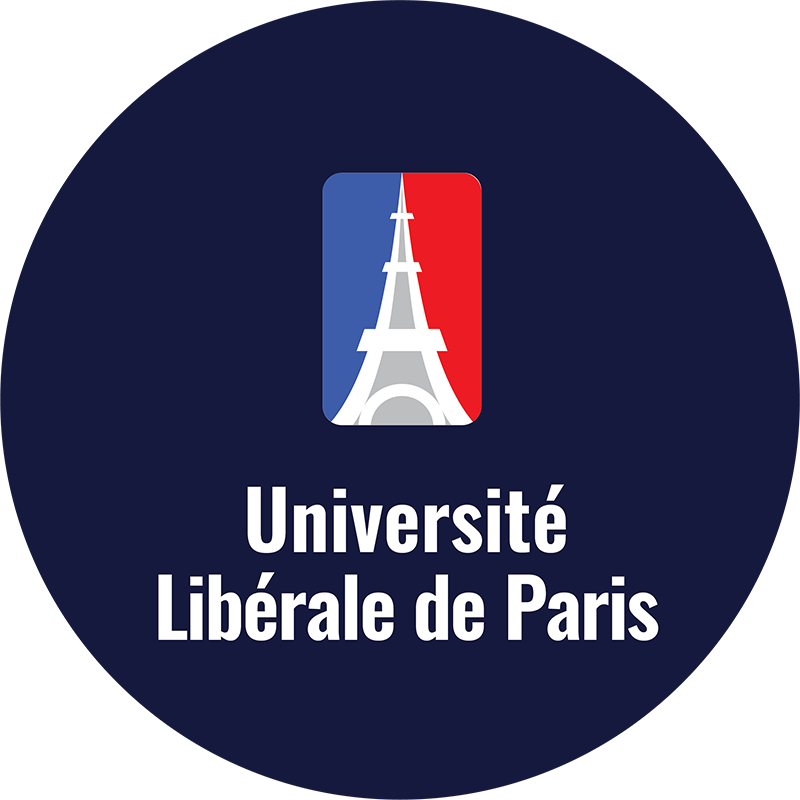Liberal art can be seen as the oldest subject known to humanity. Many top universities worldwide apply the principle to their teaching model because of its benefits and the practical experiences it brings to students. This article will discuss the benefits of liberal arts education and the skills gained through the fundamentals you can commit to when studying the programs.
Table of Contents
ToggleThe benefits of liberal arts education

6 benefits of liberal arts education.
1. Preparation for work in various sectors
You will develop a solid foundation of knowledge in a broader range of areas than pursuing a degree specializing in a specific subject or vocation.
2. Introduction to job options
The variety of areas taught in a liberal arts degree program exposes students to subjects they might not have encountered otherwise, allowing them to make a more informed decision when choosing a career path.
3. Steppingstone to different careers
The knowledge gained from a liberal arts education might help you better transition from one job to another.
4. The appeal of the liberal art degree
Employers value liberal arts degrees because they realize graduates have the transferrable abilities needed to adapt to a changeable workplace.
5. Provides a foundation for graduate study
A future graduate student with a liberal arts background will be able to learn across a varied field of studies, with the foundation knowledge to pursue graduate study in any area they choose.
6. Provides skills to become a valuable community member
A liberal arts education goes beyond academia and the workplace to provide graduates with the required abilities that will allow them to adapt and thrive in the world, communicate with and understand other community members, and have a broader viewpoint.
What skills can you acquire in liberal studies?
The advocates of liberal arts education worldwide criticize the structures and curricula of other education programs for overemphasizing technical competence while ignoring other critical skills.

Skills are acquired when studying in liberal arts education.
A liberal arts education help students develop a strong sense of social responsibility and strong, transferable intellectual and practical skills, such as communication, analytical, and problem-solving skills, as well as a demonstrated ability to apply knowledge and skills in real-world settings. Besides those basic skills, liberal studies can gain various skills listed below:
- Analytical, evaluative, critical, and creative thinking skills
- Effective oral and written communication skills
- Problem-solving and pattern intelligence skills
- Ability to learn and synthesize new ideas
- Experience in quantitative and qualitative data analysis
- Critical and reflective reading skills
- Numerical skills
- Effective research skills
- Organization and time-management skills
- Information literacy skills
- Ability to adapt quickly to situations
- Ethical decision-making skills
- Ability to pose meaningful questions
- Teamwork skills
- Self-confidence and self-understanding
- Ability to be sensitive to others and be tolerant of cultural differences
- Foreign language skills and cross-cultural knowledge
Conclusion
Various university programs adapt to different students’ demands, and a liberal arts degree is worth considering due to its multiple benefits. The programs prepared you for varied skill-set and allowed you to expand deeply in your field while connecting to the community.
Université Libérale de Paris is proud to be the first liberal arts institute for post-graduates in Paris, France. We have been helping hundreds of students approach qualified programs and open up career pathways. You can always join our community to improve your knowledge.
To understand more about Paris-U’s programs, read here.
Reference
Haidar, H. (2022, May 5th). What is Liberal Arts Education? Retrieved from Top Universities: https://www.topuniversities.com/blog/what-liberal-arts-education




